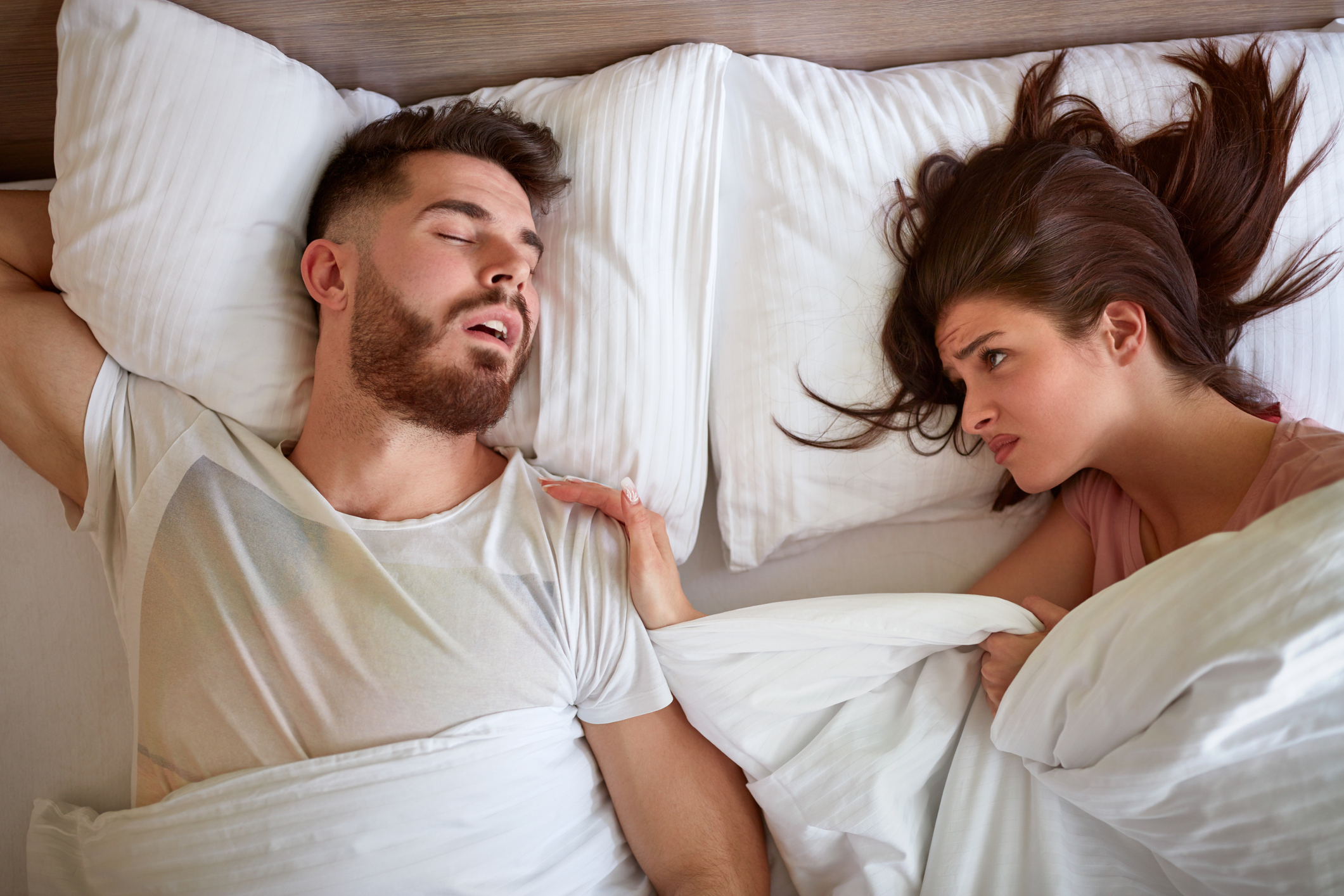In Australia, various jurisdictions have established legislative frameworks to address cases where offenders are deemed not criminally responsible due to specific mental health disorders. These frameworks acknowledge that certain mental health conditions can affect an individual’s culpability for actions that would otherwise be considered criminal. A diagnosis of sexsomnia can be used to defend against criminal charges by invoking the defence of automatism.
Automatism as a Defence
Automatism is a legal defence arising where actions are carried out without conscious control or while in a state of unconsciousness. Movements performed involuntarily in a state of automatism generally do not meet the physical and mental criteria required to constitute a criminal offence. The central issue in automatism is whether there was a complete absence of deliberative mental function, leading the accused to act automatically.
Automatism can be used as a defence in various situations, such as reflex actions or medical conditions like concussion, drug-induced psychosis, or hypoglycaemia. It is also applicable in cases involving sleepwalking. To successfully argue automatism, it must be shown that the accused acted involuntarily, unconsciously, and with a total loss of control. Although memory loss is often associated with automatism, it alone does not guarantee an acquittal, as memory loss can occur for reasons other than automatism.
When the defence of automatism is raised, the prosecution bears the burden of proving beyond reasonable doubt that the defendant was not acting on his or her own volition. If the prosecution fails to do so, or if they do not contest the defence, the defendant may be acquitted.
Sexsomnia as a Defence in Australia
The first successful use of sexsomnia as a defence in Australia occurred in the case of R v Spencer (2008) in the Northern Territory. The accused, Spencer, was acquitted by a jury of charges of gross indecency and sexual intercourse without consent. A psychiatrist testified that Spencer was a regular sleepwalker, and the judge, Southwood J, advised the jury that they could accept the expert evidence suggesting Spencer may have been suffering from sexsomnia.
In TI v The Queen [2015] ACTCA 62, the appellant was convicted of incest and acts of indecency involving his 11-year-old stepdaughter. He appealed, arguing that he might have been asleep during the offenses. Expert testimony on sexsomnia was presented, but the court ultimately dismissed the appeal. The court found that the evidence allowed the jury to reasonably conclude that the appellant’s actions were voluntary. The court acknowledged the theoretical possibility of involuntary acts due to a sleep state but emphasized the importance of the credibility of both the complainant and the appellant, making it a case for the jury to decide.
Conclusion
The legal defence of sexsomnia as a form of automatism raises complex questions about personal responsibility and accountability. While sexsomnia is now recognized as a legitimate sleep disorder in psychology, research is still limited, leaving the understanding of the condition incomplete. As such, its application in legal contexts remains challenging and continues to evolve.
Should you or someone you know be charged with an offence, it is essential you receive legal advice from an experienced criminal defence lawyer at any early stage. To discuss your options, call Hugo Law Group in Sydney, NSW (02 9696 1361), Canberra (02 5104 9640), Perth (08 6255 6909) to make an appointment to speak to one of our lawyers.
Ava Buchen
Hugo Law Group
Canberra
